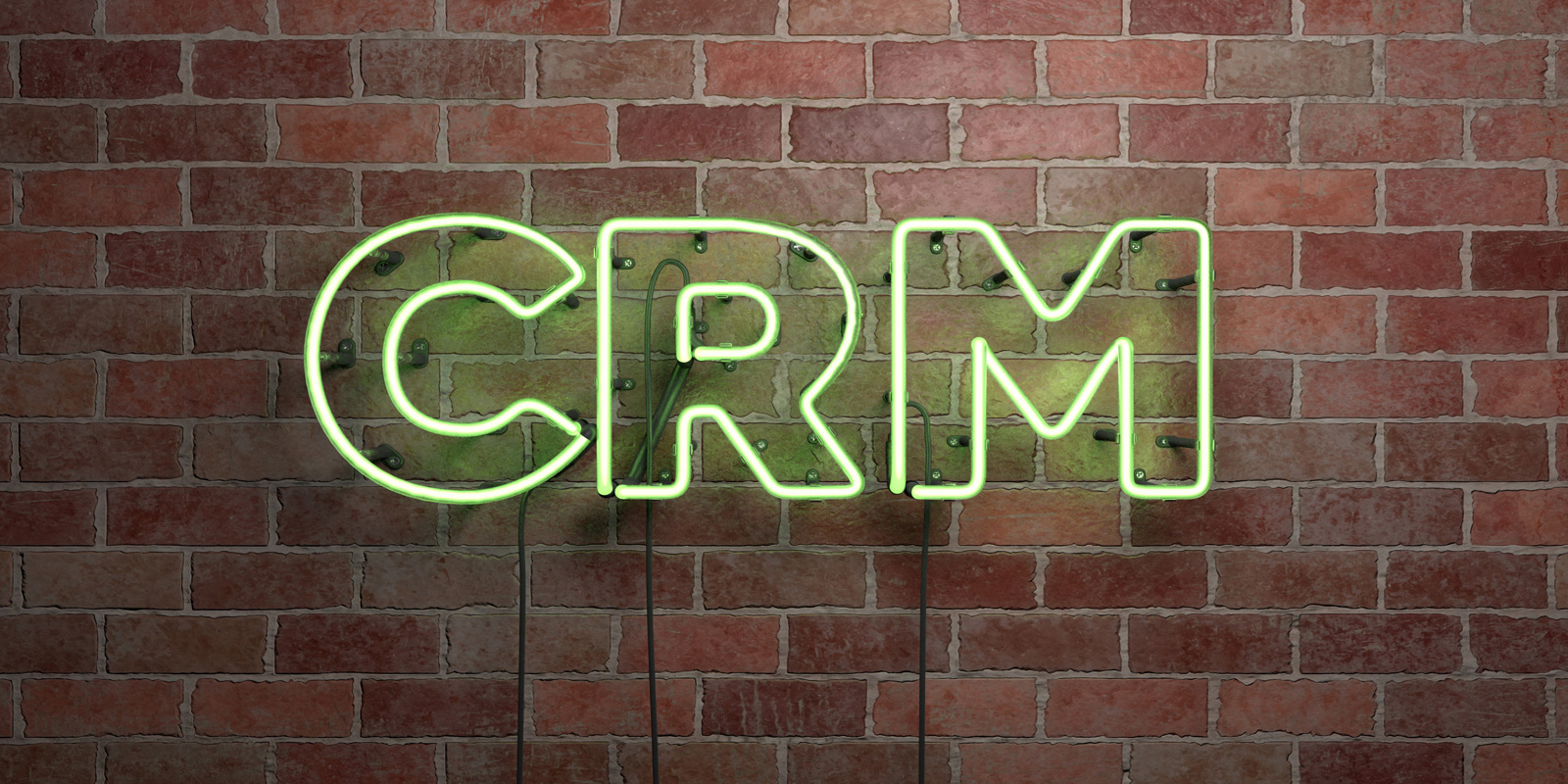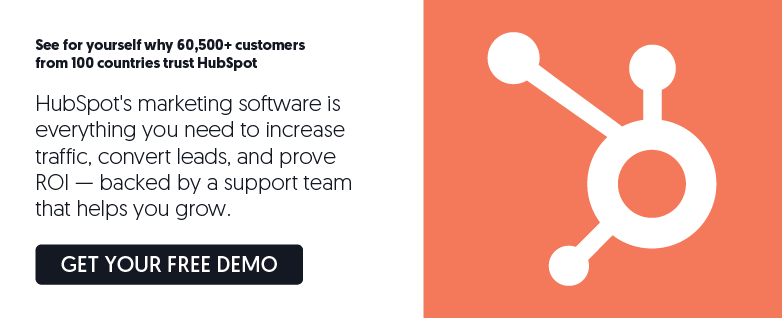New year, new...
You? After the chaos of Christmas, there's always that January pressure to shift our lifestyles into something healthier, as if a new month will stamp bad habits and revolutionise our whole lives.
And in some ways, it makes sense. It's a fresh year, so why not make the changes you've been rooting for? But that doesn't always mean you have to quit alcohol for 31 days, or run 10k every morning at 6am.
It could mean sprucing up your business and treating it to a brand-new shiny CRM. If you're swept up by the temptation to change something because it's January, then a new CRM might just be the thing your company needs to make improvements in 2024.
In fact, treating your business to a new CRM could bring some pretty solid long-term goals to fruition. Who knows? It might just be the cherry on top for some serious growth.
What's a CRM?
Are you reading this thinking 'WTF is a CRM'?
If the whole concept of a CRM sounds a bit alien, then it's probably time to think about implementing a system.
CRM stands for Customer Relationship Management, and it ensures your customers have the most unique and individualised experience possible.
It does this by...
- Automatically grouping bits of data
- Organizing and automating
- Synchronising sales, marketing, customer service, and technical support, therefore doing lots of thinking for you
- Tracks customer behaviour
- Records relevant data that helps you make smarter marketing decisions
With a CRM, gone are the days of faffing about with data entry. Not only does it manage your data workloads, but it crosses over your customer behaviour throughout your marketing and sales departments, which allows super smooth communication through the back end of the sale.
Essentially, a CRM helps delegate all those boring organisational tasks that you simply can't do alone.
It communicates your sales and marketing processes as a whole unified workspace, so that your customers have the smoothest possible experience from the first click, all the way through to repeat purchases or subscriptions.
But what's the point?
Running a business means you've got a million different moving parts all working towards the same ultimate goal: Growth.
Customers are the bread and butter of your growth, and you essentially want to form a naturally occurring snowball effect to retain smooth customer relationships and attract new leads.
That means you can use a CRM to keep on top of everything. You'll avoid miscommunication, silly (but fatal) mistakes, and confusion. It keeps everything in one place.
It's a strategic approach that enables businesses to build and nurture relationships with their customers.
It's the sales/marketing octopus, the multi-tasking conversion wizard that does all the boring organisational tasks for you. A CRM does all the boring organisation bits for you. It's a clever cookie, and it aims to compartmentalise your customers into manageable sections so that you can focus on the important decisions.
No more fiddling around with Google spreadsheets, or hoping that your clunky databases will successfully export to different software. CRMs are the smooth operators of quality customer relationships. They're sleek, fast and can save you hours upon hours.
Signs you need a new CRM
If you've already got a CRM, perhaps it's had it's heyday. As your business grows, your needs might change. This might mean you'll have to adapt your CRM to your business.
Here are the tell tale signs that you need a new CRM:
- The system doesn't manage data
- Technology is outdated, non-compatible with new CRM systems
- Competitors are using CRMs that are more advanced than yours
- The (potentially rising) cost of the CRM outweighs the benefits
- Struggles to adapt to mobile usage
Or perhaps it's simply that the CRM doesn't align with you or your goals. That's why it's really important to go back to the beginning and relook at what you need from your CRM. Go back to basics. Re-examine your goals and objectives set out in your marketing plan, and you'll be able to pinpoint exactly what it is you're looking for when it comes to a CRM.
What your CRM can help your business achieve
Get the correct CRM system for your business, and it can...
- Anticipate your marketing needs to a tee
- Segment the exact type of data you need to analyse
- Increase customer retention
- Smoothen out internal back end communication
What makes a good CRM?
A good CRM...
- Aligns with your goals
- Integrates a smooth CMS (Content Management System)
- Integrates smoothly with all of your other systems (mail marketing, sales)
- Individualises your customers
- Catalyses positive feedback from your customers
A CRM is an investment
Choosing a good CRM is investing in your business. Getting the right system can excel your sales and marketing further beyond your expectations.
Can you tell, we're fans of CRMs?
If you can't tell, we're big fans of CRMs at Method. In particular, HubSpot.
Why we love HubSpot...
- Full integration with your email
- Captures your calls as they happen
- It's free
- Groups lead data in one place
- Smooth, easy to use and not confusing
- Completely customisable to your business goals
Need a new CRM yourself? If you're considering a brand new CRM for your business, then Method can help out. Perhaps you want to tweak your existing CRM, or you want a whole fresh system (like HubSpot).
Either way, we're pretty clued up on CRM and CMS, and we can help give you some solid advice.




